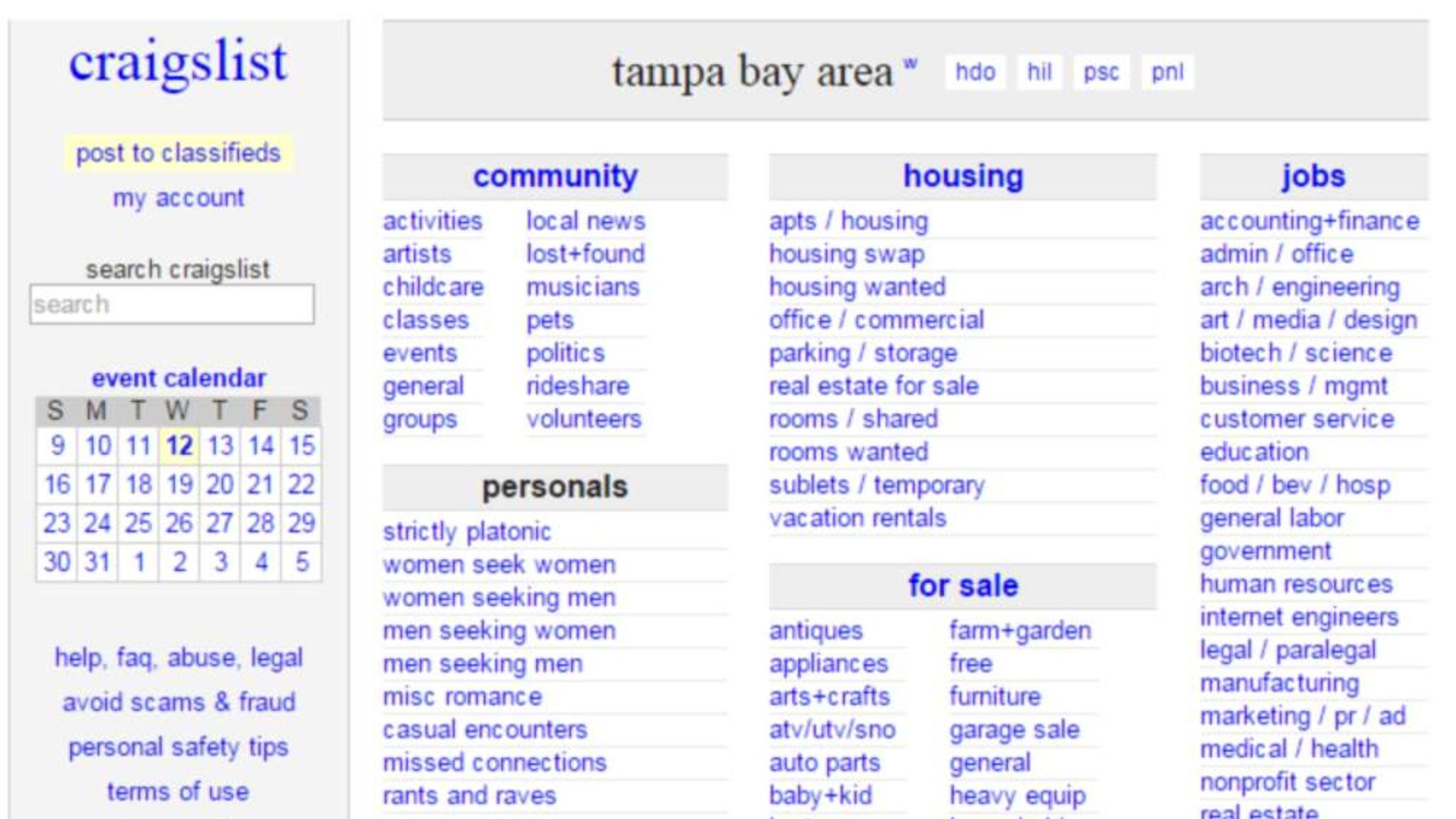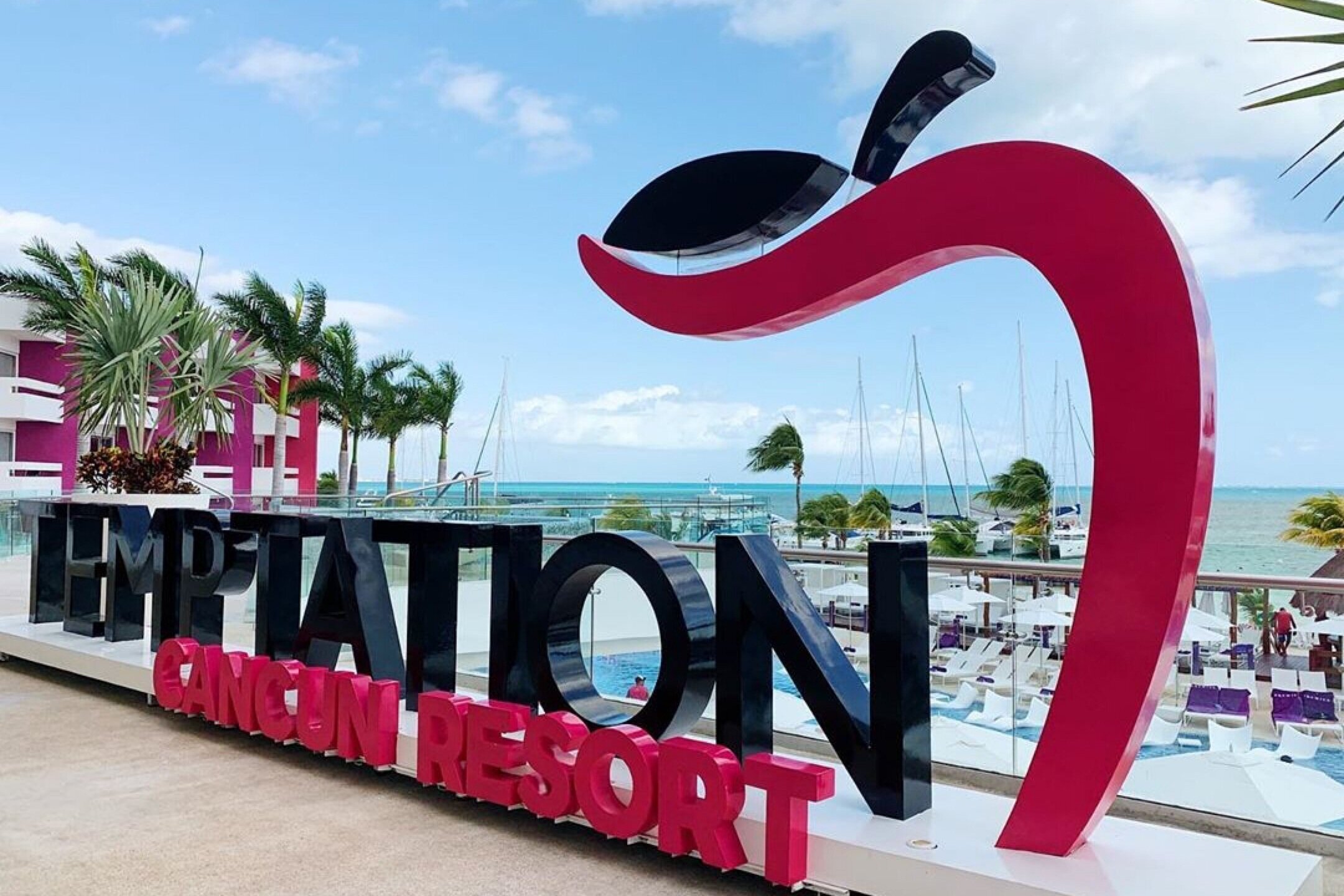Glen burnie maryland police departmentmeta m4 build tarkov – Glen Burnie Maryland Police Department, Meta M4 build Tarkov: This exploration delves into the fascinating intersection of real-world law enforcement in Glen Burnie, Maryland, the virtual world of Tarkov, and the implications of advanced weaponry like the M4 carbine rifle. We will examine the challenges and opportunities presented by the Metaverse for law enforcement, considering the unique jurisdictional and investigative complexities involved.
The discussion will also analyze the potential uses and ethical considerations of employing video games like Tarkov as training tools for officers, comparing and contrasting the virtual environment with real-world policing scenarios. Finally, we will explore the current and future technological advancements used by the Glen Burnie Police Department to enhance their effectiveness.
This analysis aims to provide a comprehensive overview of how technological advancements and virtual environments are reshaping law enforcement strategies, specifically focusing on the Glen Burnie Police Department and their potential adaptation to emerging challenges in a rapidly evolving technological landscape. We will investigate the practical applications of virtual reality training, the ethical implications of using simulated environments, and the potential for bridging the gap between virtual and real-world policing strategies.
Tarkov’s Virtual World and its Similarities/Differences to Reality: Glen Burnie Maryland Police Departmentmeta M4 Build Tarkov
Escape from Tarkov presents a virtual world that, while fictional, shares striking similarities with real-world environments, particularly those experienced by law enforcement officers. The game’s intense realism, coupled with its focus on tactical combat and survival, provides a unique lens through which to examine the parallels and discrepancies between the virtual and the actual.
The game’s maps, modeled after real-world urban and rural landscapes, offer a convincing representation of complex environments. Players navigate streets, buildings, and forests, encountering various obstacles and challenges that mirror those faced by law enforcement in real-life operations. However, the virtual world of Tarkov simplifies certain aspects of reality, such as the legal and ethical considerations inherent in real-world policing.
While the game simulates the urgency and danger of high-stakes situations, it lacks the complexities of human interaction, legal ramifications, and the long-term consequences of actions taken within the game’s environment.
Similarities Between Tarkov and Real-World Law Enforcement Scenarios
Several aspects of Tarkov’s gameplay directly mirror real-world law enforcement scenarios. The emphasis on tactical movement, communication, and teamwork is crucial in both environments. Players must carefully plan their approaches, coordinate with teammates, and adapt to unexpected situations, mirroring the collaborative and strategic nature of police operations. The game also emphasizes the importance of situational awareness, environmental understanding, and the careful management of resources, all of which are essential skills for law enforcement professionals.
Furthermore, Tarkov’s realistic depiction of weaponry, ballistics, and injury mechanics provides a platform for practicing firearm handling, tactical maneuvers, and medical interventions under pressure. The consequences of poor decision-making in the game, such as friendly fire incidents or improper medical treatment, directly translate to real-world consequences that law enforcement must constantly consider.
Ethical Implications of Using Tarkov as a Law Enforcement Training Tool
The use of Escape from Tarkov as a law enforcement training tool presents several ethical considerations. While the game’s realism can be beneficial for simulating high-stress situations and practicing tactical skills, it’s crucial to acknowledge its limitations. The game’s violent nature and focus on lethal force could desensitize trainees to the gravity of real-world situations. The lack of legal and ethical constraints within the game’s virtual world might not adequately prepare officers for the complexities and responsibilities of real-world policing.
Furthermore, the potential for biases present within the game’s design and player community needs careful consideration. The game’s environment and scenarios might inadvertently reinforce existing biases or introduce new ones, impacting the training’s effectiveness and ethical implications. A thorough evaluation of the game’s content and its potential impact on trainees’ perspectives is essential before considering its use as a training tool.
Hypothetical Law Enforcement Training Scenario in Tarkov, Glen burnie maryland police departmentmeta m4 build tarkov
A controlled and supervised training scenario using Tarkov could focus on a high-risk warrant service. This would require careful scenario design to ensure ethical considerations are addressed and the limitations of the game are acknowledged.
| Scenario Description | Objectives | Challenges Faced | Lessons Learned |
|---|---|---|---|
| A simulated high-risk warrant service in a densely populated urban environment (e.g., Tarkov’s Customs map). Trainees are tasked with apprehending a suspect known to be armed and dangerous within a multi-story building. | Successfully apprehend the suspect without injury to civilians or officers. Secure the scene and collect evidence. | Navigating complex building layouts, managing communication within the team, responding to unexpected resistance, dealing with potential civilian casualties, and effectively managing limited resources (ammo, medical supplies). | Importance of thorough pre-planning, clear communication, coordinated team movement, adapting to dynamic situations, and the consequences of poor decision-making in high-pressure environments. Emphasis on de-escalation techniques where possible. |
The Intersection of Real-World Policing and Virtual Worlds like Tarkov

The immersive and realistic nature of virtual worlds like Tarkov presents unique opportunities for law enforcement training and development. While not a perfect replica of reality, the simulated high-stress environments and complex decision-making scenarios offer valuable insights into effective policing strategies and potential pitfalls. Analyzing these virtual interactions can inform real-world training and improve officer preparedness.The potential benefits of using virtual worlds for law enforcement training extend beyond simply replicating real-world scenarios.
The controlled nature of virtual environments allows for repeated practice and experimentation in a safe and cost-effective manner. This allows officers to refine techniques, develop situational awareness, and improve communication skills without the risks associated with real-world training exercises.
Virtual World Experiences Informing Real-World Policing Strategies
Virtual world experiences, such as those in Tarkov, can provide valuable data on human behavior under stress, including decision-making processes and reactions to various stimuli. Analyzing player behavior in high-pressure scenarios, such as raids or confrontations, can offer insights into how individuals respond to threats and how those responses can be influenced by training or environmental factors. This data can then be used to inform the development of more effective real-world policing strategies, potentially leading to improved de-escalation techniques and tactical responses.
For example, observing how players navigate complex social dynamics within the game could inform real-world strategies for community policing and conflict resolution.
Using Virtual Environments for De-escalation Training
Tarkov’s dynamic environment, while violent, also presents opportunities for de-escalation training. Scenarios can be crafted where officers must negotiate with virtual suspects, manage tense situations, and find non-lethal solutions. The ability to reset and replay scenarios allows officers to practice different approaches and learn from their mistakes in a low-risk environment. This repeated practice can significantly improve their ability to de-escalate tense situations in the real world, reducing the likelihood of unnecessary force and improving public safety.
The ability to analyze the virtual interactions afterwards provides further opportunities for learning and refinement.
Potential Biases and Inaccuracies in Virtual World Training
While virtual environments offer numerous benefits, it’s crucial to acknowledge potential biases and inaccuracies. The virtual world may not accurately reflect the complexities and nuances of real-world interactions. For instance, the lack of physicality and emotional context in a virtual environment could lead to training that doesn’t adequately prepare officers for the unpredictable nature of real-world encounters. Furthermore, the inherent biases present in the design and development of the virtual world itself, or the data used to populate it, could unintentionally reinforce existing biases within law enforcement training.
Careful consideration must be given to mitigate these potential issues through rigorous testing and validation of the training scenarios.
Scenario Depicting a Police Interaction in a Virtual World
A virtual police officer, responding to a reported “raid in progress” in a virtual Tarkov factory, encounters two heavily armed players engaging in hostile actions. Unlike a real-world situation, the officer has access to detailed information about the players’ equipment, past actions, and current location through the game’s interface. The officer can choose to approach cautiously, utilizing cover and concealment to gain tactical advantage, or initiate a more direct confrontation. The consequences of the officer’s actions are immediate and measurable within the game’s system, providing immediate feedback on the effectiveness of their tactics. The lack of real-world consequences, however, may lead to different decision-making compared to a real-world scenario where the officer’s actions carry far greater weight. The absence of unpredictable human factors, like sudden movements or unexpected emotional outbursts, also significantly alters the dynamics of the interaction. The virtual world provides a controlled environment for practicing tactical maneuvers and decision-making, but it cannot fully replicate the complexity and unpredictable nature of real-world police encounters.
In conclusion, the convergence of real-world policing, virtual environments like Tarkov, and advanced weaponry such as the M4 carbine presents both significant challenges and exciting opportunities for law enforcement agencies like the Glen Burnie Maryland Police Department. Careful consideration of the ethical implications, technological advancements, and training methodologies is crucial for effective and responsible policing in an increasingly digital world.
By embracing innovation while maintaining a commitment to ethical practices and community engagement, law enforcement can leverage these tools to enhance public safety and address the evolving nature of crime in both the physical and virtual realms.
Browse the multiple elements of large sponge home depotterms of use to gain a more broad understanding.



